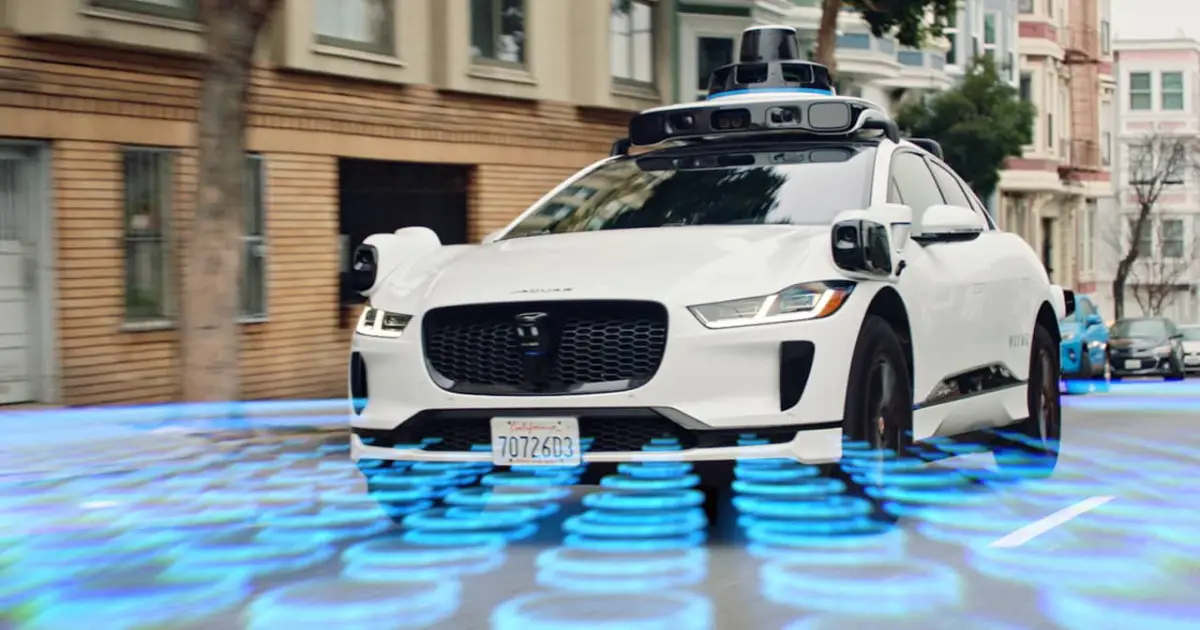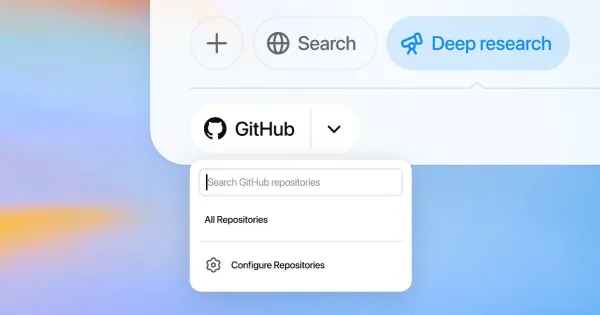Waymo Brings Robotaxis to Miami

After establishing its autonomous vehicle services in San Francisco and Los Angeles, Waymo, Alphabet’s self-driving car subsidiary, has revealed its next stop: Miami. The company plans to deploy its fleet of driverless Jaguar I-Pace electric vehicles in Florida starting in early 2025, with rides becoming broadly accessible via the Waymo One app by 2026.
Reacquainting with Miami
This isn’t Waymo’s first time in Florida—its vehicles have undergone testing in the state before. Now, the company is taking a more permanent approach, hoping to embed itself into Miami’s bustling streets. Known for its complex traffic patterns, diverse pedestrian activity, and unpredictable weather, Miami presents a unique challenge and opportunity for autonomous driving technology.
The fleet in Miami will be managed by Moove, a mobility fintech company. Moove specializes in vehicle financing for ride-hailing drivers and recently received a $100 million investment from Uber. While Moove typically supports gig economy drivers in developing regions, its collaboration with Waymo represents a shift to autonomous fleet management.
A Safety-Driven Push
Waymo has long touted its vehicles as safer alternatives to human drivers. According to a company analysis, its autonomous system is 6.7 times less likely to be involved in crashes and 2.3 times less likely to have police-reported accidents compared to human drivers. The company’s vehicles have logged over seven million miles in cities like Phoenix, Los Angeles, and San Francisco, with fewer incidents than expected for human-driven vehicles.
However, the company’s safety record isn’t without blemishes. The National Highway Traffic Safety Administration (NHTSA) is currently investigating more than 20 incidents involving Waymo vehicles. These include collisions with visible objects that human drivers would typically avoid. Earlier this year, Waymo issued two software recalls following accidents, one of which involved a vehicle hitting a cyclist. Despite these setbacks, the company remains committed to expanding its reach.
Growing a Skeptical Market
Public trust in autonomous vehicles remains a significant barrier. A 2023 survey by AAA revealed that only 9% of drivers trust self-driving technology, down from 15% in 2022. Concerns range from safety to the vehicles’ ability to handle real-world challenges, such as navigating unfamiliar road signs, pedestrians, and cyclists. Miami, with its intricate road networks and cultural vibrancy, will test Waymo’s ability to win over skeptical users.
Waymo’s Growing Presence
Miami is just one stop in Waymo’s broader expansion strategy. The company has already rolled out public ride-hailing in Phoenix, San Francisco, and Los Angeles. Select riders in Austin, Texas, are testing the service, and Atlanta is set to join the roster in 2024. Despite regulatory challenges and public concerns, Waymo is determined to position itself as a leader in the driverless car industry.
What’s Next for Miami?
As Waymo begins its journey in Miami, the city will play a pivotal role in testing the technology’s adaptability to dynamic urban environments. With its mix of heavy traffic, unique weather conditions, and diverse communities, Miami offers a proving ground that could shape the future of autonomous transportation.
The road ahead won’t be without challenges, but Waymo’s leap into Miami signals its confidence in the technology and its potential to reshape urban mobility. For now, Miamians can prepare to see a new player navigating their streets—without a driver behind the wheel.





